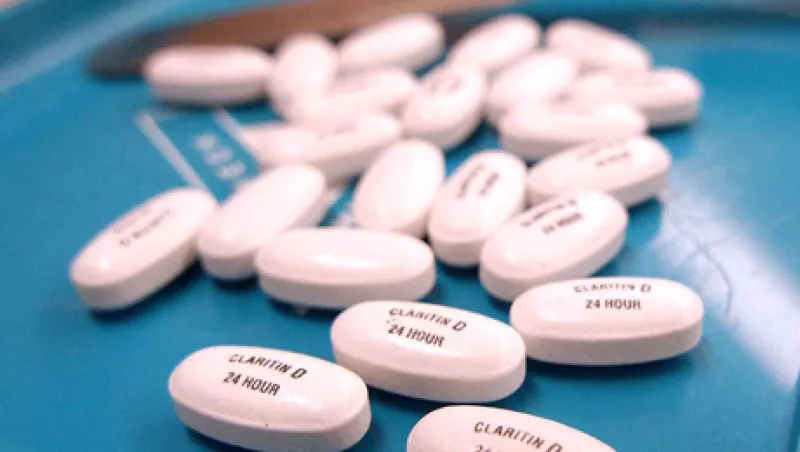WebMD has attracted the attention of a couple of high profile billionaires. And their attention comes just as the medical information website's near-term prospects have been called into question.
One trading day after Carl Icahn said he owned 7.94 percent of the company, George Soros reported owning 5.59 percent of the shares.
Soros’ stake is considered passive, since he filed a 13-G. In his filing, Soros said his stake consists of just 36,000 shares of common stock, the rest coming from the potential conversion of two separate convertible bond issues.
Icahn, however, reported his holdings in a 13-D, meaning he could take some sort of activist or hostile action with the company, which has a number of health care information-oriented web sites. In his filing, he stated that he belies that shares are “undervalued from a long-term perspective” and that he may seek to have conversations from time to time with management to discuss the company’s business and strategies. Otherwise, he has not taken any further action. Icahn’s stake consists of common stock and call options.
Interestingly, eight days before Icahn reported his stake — but weeks after he began aggressively buying shares of WebMD — the company, which has a $2 billion market capitalization, announced it had increased its share repurchase program by $75 million, to $90 million.
On Tuesday, Standard & Poor’s reiterated its Buy rating, asserting “We think the recently announced involvement of two of the world’s best-known investors will lead to greater awareness of WBMD’s story and value, and perhaps more shareholder-oriented actions.”
On October 5, Citi Investment Research & Analysis actually slashed its target price for the stock by 20 percent, from $41 to $32 by lowering its target multiple, citing overall market conditions and company fundamentals. The bank, which reiterated its Hold rating, worried that drug companies may lower the amount of money they spend on marketing in the second half of this year and all of 2012 as certain key drugs go off patent.
Citi pointed out at the time that the company’s revenue outlook for the second half of 2011 was worse than any WebMD saw during the recession, and the company recently warned that revenue for the third quarter will be at the low end of the company’s guidance. “We believe that what is most likely at play here is a perfect storm confluence of two negative, but temporary, headwinds,” Citi explained. They are extended internal legal and regulatory review of larger Bio Pharma sponsorship programs in both the DTC (direct to consumer) and DTP (direct to physician) markets, causing longer-than-expected delays in the launch of these programs; and unexpected delays/cancellations of new sponsorships that were scheduled to launch later this year due to budget cuts on the part of several consumer products companies.
“We continue to believe that WBMD is a good long-term asset in a secular growth segment with a highly profitable model,” Citi stated. “But until there is a clear recovery in the company’s top-line growth to solid double-digit levels, we don’t see a clear path to a sustainable premium valuation.”
Icahn and Soros may clear this path, if only for the short term, even if it just means inspiring management to make changes that boost the stock price.
So far investors are hopeful. The stock is up more than 10 percent, to $35.61 since Icahn reported his stake.







